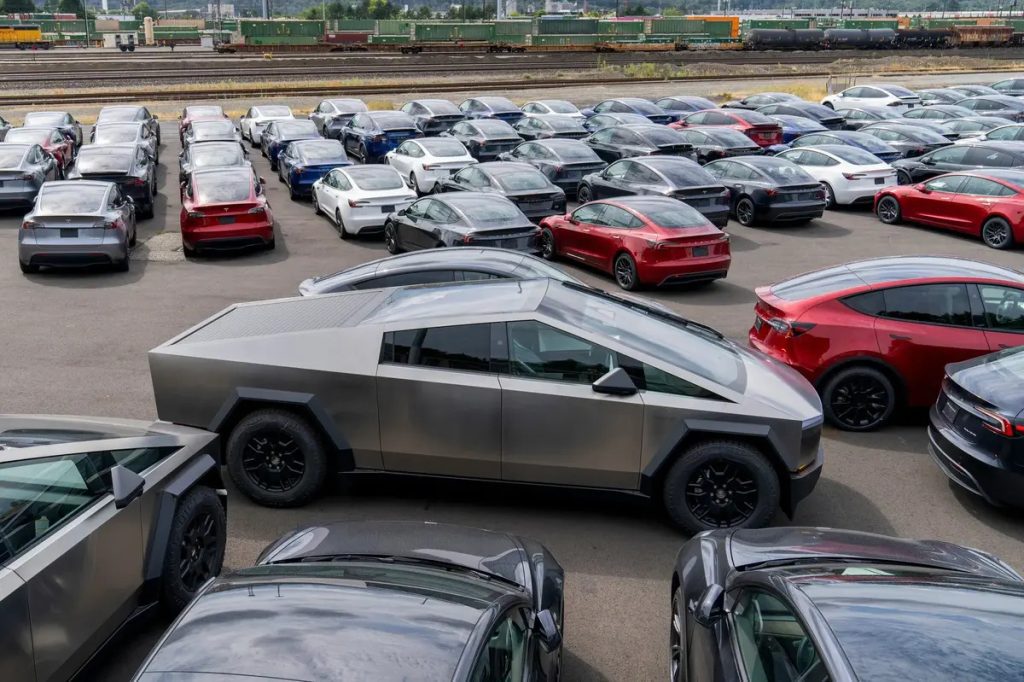🎧 Listen to This Article
When Washington State lawmakers proposed House Bill 2077, a targeted tax on Tesla’s lucrative emission credits, they didn’t just signal a state-level skirmish. They fired an opening salvo in what could become a broader fiscal trend: U.S. states clawing back profits from companies they once subsidized to lead green transitions.
Nicknamed the “Tesla Tax,” the bill would impose a 2% sales tax on emission credit transactions and a 10% tax on the value of banked credits, primarily hitting Tesla, whose early dominance in electric vehicles (EVs) positioned it to harvest a vast share of state-mandated clean car incentives.
Yet this is about more than Tesla or Elon Musk’s politics. It reveals how fragile “win-win” green incentive models have become when fiscal shortfalls collide with shifting political sentiments.
Corporate Risk: Multinational and domestic companies banking on state-sponsored environmental credits, from EVs to carbon capture, now face new scrutiny and possible taxation in jurisdictions desperate for revenue.
House Bill 2077 was introduced in mid-April 2025 and fast-tracked through the state House within eight days. It now awaits a crucial Senate Ways and Means Committee vote, with a decision expected before the legislative session closes.
Read More: Washington Governor Rejects Wealth Tax for Budget Fix
If passed:
- The tax would begin affecting transactions in the 2025–27 biennium.
- Expected initial yield: $78 million, rising to $100 million annually thereafter.
- 70% of proceeds would go directly to Washington’s general fund; the rest would support EV infrastructure.
This timeline could be a bellwether. Other cash-strapped states, facing federal funding pullbacks and volatile green energy economics, may quickly replicate Washington’s model if it proves politically viable and financially productive.
Reassess Credit-Based Strategies
- Companies relying on the free accumulation and sale of environmental credits (carbon, EV, or otherwise) must treat these assets as potentially taxable.
- Internal forecasts should now model “tax drag” scenarios on projected credit revenue.
Engage Early with State Policymakers
- As the Washington example shows, fast-tracked legislation can change the economics of entire business lines in weeks, not years.
- Corporate affairs teams must enhance visibility into state-level budget processes and political risk shifts — especially in traditionally green or progressive states.
Prepare for Precedent Ripple Effects
- If Washington succeeds without major legal backlash, expect similar moves in California, New York, and potentially EU jurisdictions watching U.S. tax innovation closely.
- Multinationals should build contingencies for a 5–15% erosion of clean credit revenue globally over the next 3–5 years.
Review ESG Narratives
- Tesla’s ordeal shows how quickly ESG credibility can turn into ESG vulnerability.
- Companies must stress test their public narratives to ensure they can withstand scrutiny over whether their profits align with public benefit.
At a macro level, Washington’s move exposes a latent contradiction in global green policy incentives: Governments are eager to support clean industries, but they are equally eager to tax their successes.
Tax and compliance leaders must recognize that “green profitability” is increasingly viewed as fair game for fiscal capture — not just in Washington, but in any jurisdiction grappling with deficits, political populism, or voter backlash against wealthy corporations.
The days when environmental credits were seen as untouchable policy prizes are over. Companies must now prepare for an era where those assets become political targets — taxed, regulated, and potentially reshaped at the speed of politics.
For further details, clarification, contributions, or any concerns regarding this article, please get in touch with us at editorial@tax.news. We value your feedback and are committed to providing accurate and timely information. Please note that our privacy policy will handle all inquiries.

